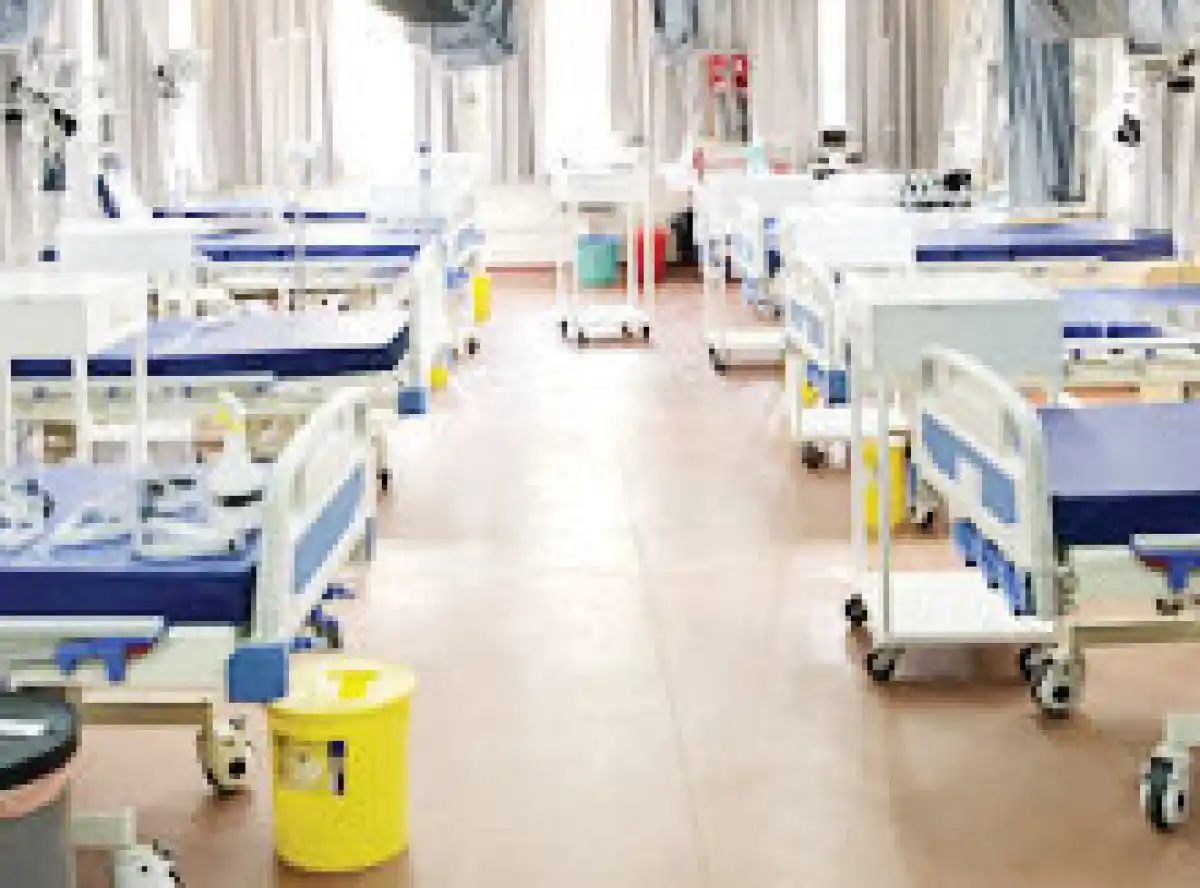
Antimicrobial resistance is one of the threats facing Malawi’s health sector. FLORENCE MWALE writes:
The World Health Organisation indicates that antimicrobial resistance (AMR) happens when bacteria, viruses, fungi, and parasites no longer respond to antimicrobial medicines.
It cites these medicines as antibiotics, antivirals, antifungals, and antiparasitics.
The global body indicates that when bacteria, viruses, fungi, and parasites no longer respond to antimicrobial medicines, it makes infections harder to treat and increases the risk of disease spread, severe illness, disability and death.
Looking at how dangerous the situation can be, Malawians are being urged to take only medications prescribed by qualified health professionals following proper diagnosis.
This advisory comes in response to growing concerns about Antimicrobial Resistance (AMR), a major public health issue.

According to Professor Adamson Muula, Head of Community and Environmental Health at Kamuzu University of Health Sciences, AMR occurs when medications used to treat infections become ineffective.
“This happens over time and can be caused by various factors, particularly the misuse of medicines by both humans and in veterinary practices,” Muula said.
He noted that the problem was worsened by Malawi’s limited diagnostic capabilities, which can lead to inappropriate use of antimicrobial medications.
A study by a public health research institute at the University of Washington found that in 2019, Malawi recorded approximately 3,600 deaths directly attributed to AMR, with 15,700 additional deaths associated with drug-resistant infections.
Globally, between 2019 and 2022, around five million people per year suffered from drug-resistant infections, resulting in approximately 1.5 million deaths annually.
“Many health centres with inadequate diagnostic tools often end up prescribing antimicrobials inappropriately. People seek quick solutions and, combined with the availability of substandard and falsified medicines, this becomes a significant issue in many countries,” Muula said.
He emphasised the importance of accurate diagnosis before prescribing antimicrobial medication and stressed the need for responsible use.
Bright Lipenga, a Research Pharmacist and Antimicrobial Stewardship Advocate at the Malawi Liverpool Wellcome Programme, echoed Muula’s sentiments.
He advised the public to avoid self-medication and the unnecessary use of antibiotics.
“Carefully using antimicrobials can go a long way. Avoid self-medication or just using antibiotics without being prescribed; avoid taking antibiotics when not necessary; take antimicrobials correctly and complete the full dosage,” Lipenga emphasised.
This week, Malawi has joined the global community in observing AMR Awareness Week, with activities starting on November 18 to 22.
The campaign is aimed at raising awareness about AMR and promoting best practices among the public, healthcare practitioners and policymakers.
The Institute for Health Metrics and Evaluation indicates that in 2019, there were 3,600 deaths attributable to AMR and 15,700 deaths associated with AMR in Malawi.
If further indicates that Malawi has the 23rd highest age-standardised mortality.
All this means that the threat is as real as ever.








0 Comments